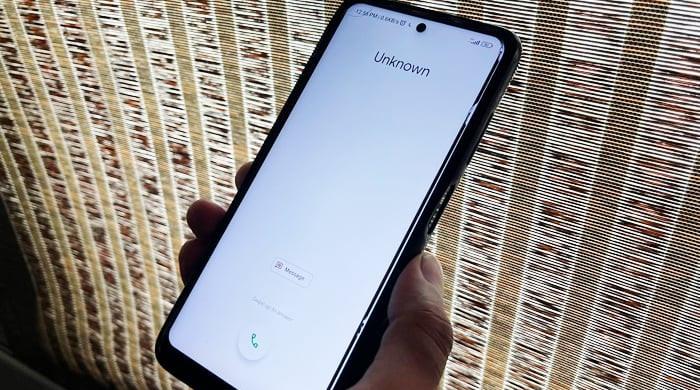- HRCP condemns the government’s decision allowing ISI to tap citizen calls.
- Notification permitting surveillance deemed unconstitutional and invasive.
- Concerns were raised over potential misuse against political opponents.
KARACHI: On July 9, 2024, the Human Rights Commission of Pakistan (HRCP) strongly criticized the government’s decision to grant the Inter-Services Intelligence (ISI) agency the authority to tap and trace citizens’ phone calls. This move has been labeled unconstitutional by the HRCP, sparking significant public and political concern.
The federal government issued a notification on Monday, allowing ISI officers to intercept and trace calls and messages, citing national security concerns. This decision, approved by the federal cabinet, permits designated ISI officers, of at least grade 18, to carry out these actions under Section 54 of the Telecommunication (Re-organisation) Act 1996.
This section of the act grants the federal government the power to authorize any person to intercept communications in the interest of national security, prioritizing government use over private licensees for defense or security purposes.
The HRCP, however, has condemned this notification, describing it as a severe violation of constitutionally protected rights to liberty, dignity, and privacy under Articles 9, 14, and 19. The commission also highlighted that this measure contradicts the spirit of the Supreme Court’s ruling in the Mohtarma Benazir Bhutto case.
Concerns have been raised that this new measure could be exploited to target political opponents, leveraging surveillance for blackmail, harassment, and intimidation. The HRCP pointed out that this move follows an Islamabad High Court order that state officials are not authorized to surveil citizens, indicating a direct challenge to judicial authority.
In response, the HRCP has called for the immediate introduction of stringent checks and balances to govern all surveillance practices, aligning at least with the standards prescribed in the Investigation for Fair Trial Act 2013. This demand underscores the need for transparency and accountability in surveillance operations to protect citizens’ fundamental rights.
As the debate over privacy and security continues, the HRCP’s strong stance highlights the ongoing struggle between safeguarding national security and preserving individual freedoms in Pakistan.





